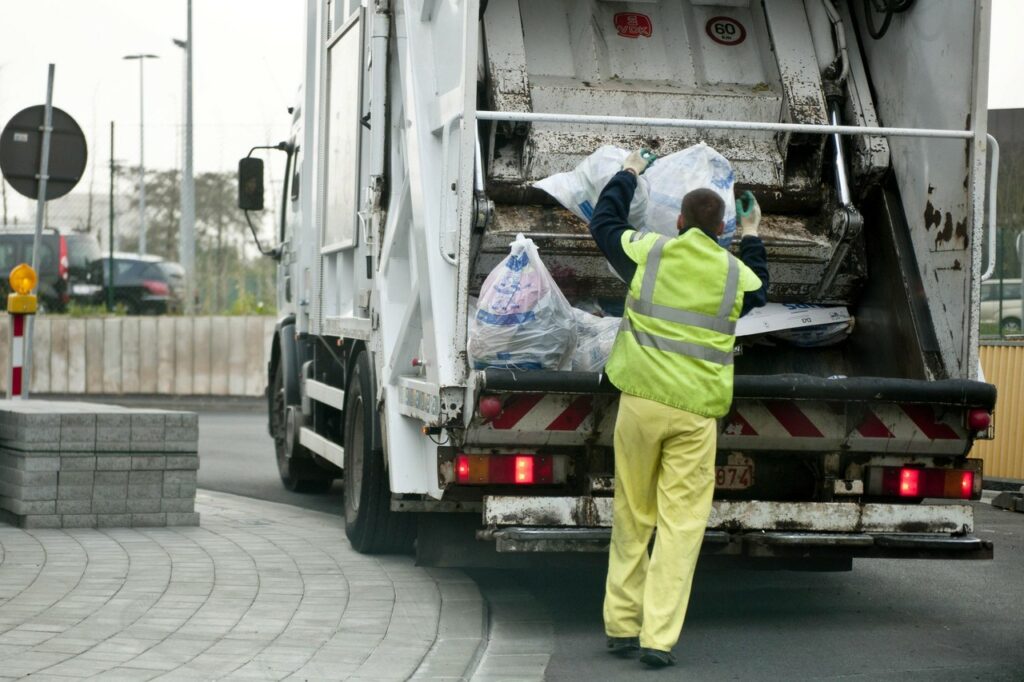Residents of the Brussels municipality of Jette expressed concern after witnessing waste management trucks collecting different coloured garbage bags together, RTL Info reports.
One local, submitted photographic evidence from 30 June, which was captured on Rue Denayer in Jette. The videos show agents from Bruxelles-Propreté mixing various different waste collection bags together in the crusher, with no attempt to separate the waste. Locals were quick to jump to conclusions, but Brussels authorities have urged calm.
Adel Lassouli, spokesperson for Bruxelles-Propreté, reassured that the situation was a rare occurrence. He explained that ongoing construction in the area had made some streets inaccessible, prompting the establishment of temporary collection points on nearby streets.
Unfortunately, the garbage had not been collected at the designated times, resulting in an excessive accumulation of bags. Due to the large number of bags and the inability to send different trucks for each recycling type, a special collection was organized to clear the public way.
According to Lassouli, in nearly all circumstances, each truck collects only the type of waste it is designated for. These waste types are directed to various processing paths.
The importance of recycling
Food waste in orange bags is converted into energy. General waste in white bags is mostly incinerated, with some energy recovery. Paper and cardboard in yellow bags are recycled. Blue bags, often containing plastic, are sent for sorting and further recycling near Ghent.
These materials are not generally mixed because they are intended for different processing streams. Lassouli emphasized that their facilities are optimised to sort waste as efficiently as possible, underlining that mixing wastes negates the efforts in sorting them. In fact, 18,000 tons of blue-bag waste are collected annually in Brussels, 85% of which is recycled.
Each year, Brussels' Recyclis recycling centre handles 50,000 tonnes of yellow bags every year, utilizing a four-step process that includes initial sorting, shredding, optical scanning, and manual fine-tuning to ensure the highest quality of paper is salvaged. More than 90% of papers and cardboards that enter the facility are recovered and recycled within Belgium or neighbouring European countries.
Related News
- Belgium leads the way in rare earth metals recycling
- Belgium achieves remarkable tyre recycling milestone, exceeding material recovery targets
Local authorities remind of the importance of the new orange food waste collection through bags. These bags, mandated since May 15th in Brussels, contribute to the region's energy production.
20 tonnes of food waste can generate enough electricity to power a family for a year, besides producing high-quality compost. Bruxelles-Propreté aims to process 30,000 tonens of food waste each year, reaffirming the importance of proper waste sorting and recycling.

